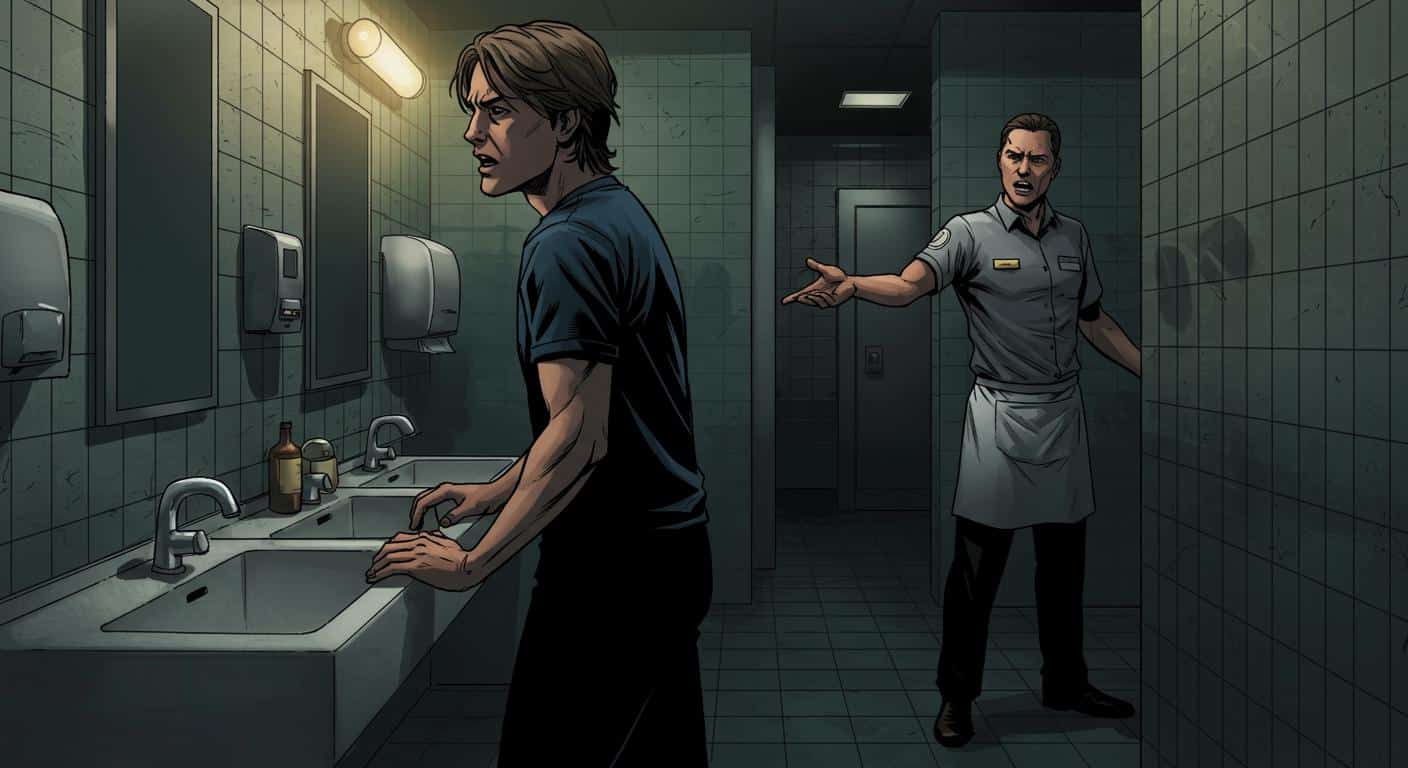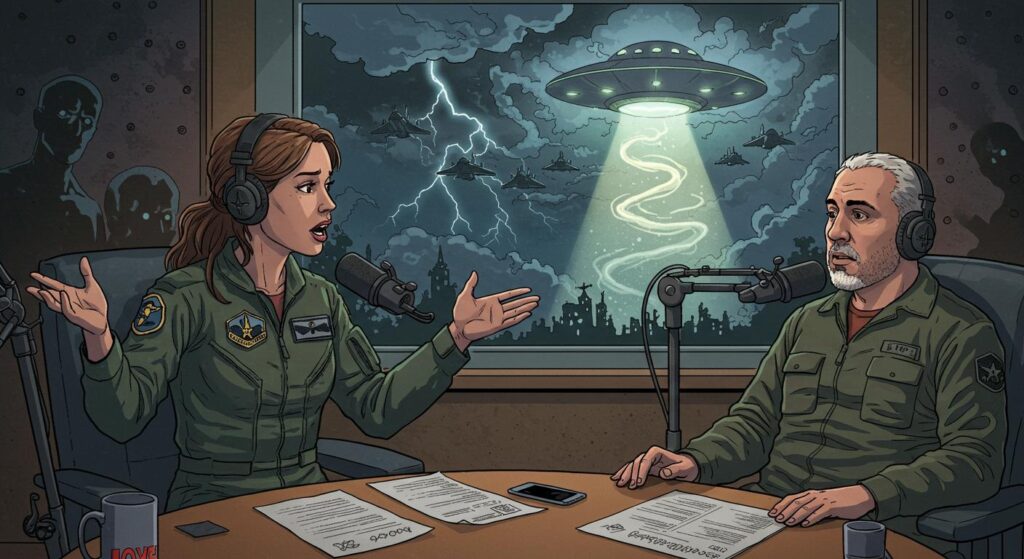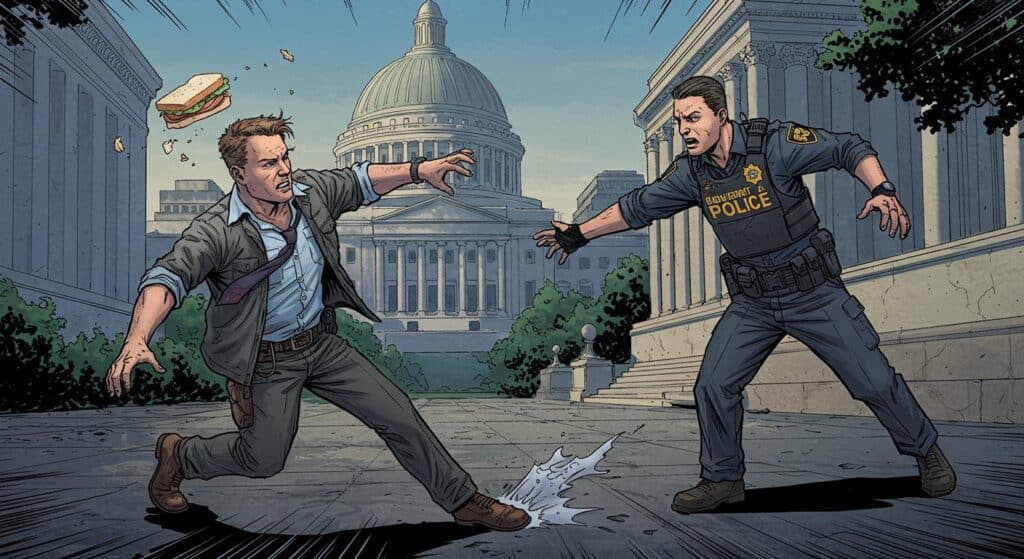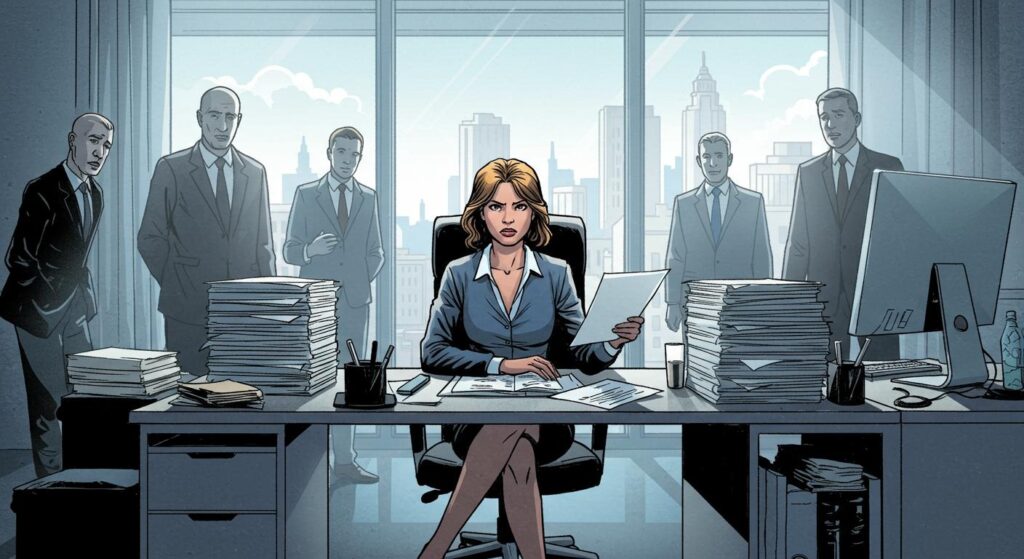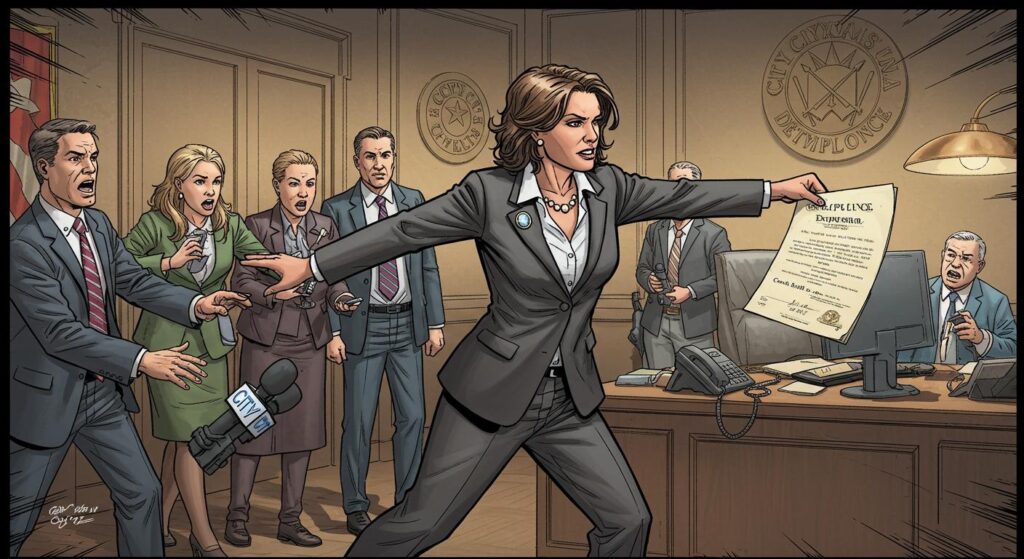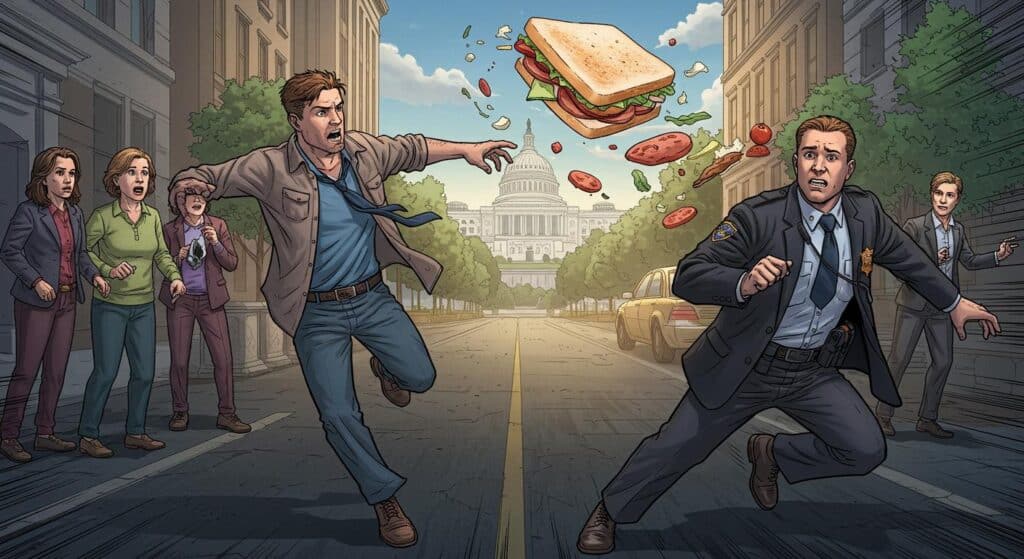Every so often, a story breezes in that reads less like modern news and more like a scene deleted from Brazil for being too on the nose. Yet, as detailed by Bring Me The News, this one’s recent: An 18-year-old high schooler says a restaurant worker at Buffalo Wild Wings in Owatonna, Minnesota, decided she needed a gender inspection—right down to demanding she reveal her chest as proof inside the women’s restroom.
If you pictured that situation and thought, “Surely there are policies for this?”—you’re not alone. Apparently, standard procedure at this establishment momentarily became auditioning staff as self-appointed gender bouncers.
A New Depth of Restroom Surveillance
Piecing together details from Bring Me The News, advocacy group Gender Justice has taken up representation for Gerika Mudra, biracial, openly lesbian, and (as Gender Justice underscores) masculine-presenting. After a server allegedly found Mudra’s appearance off-script, she was followed into the restroom and subjected to the kind of “verification” process that wouldn’t look out of place in a dystopian checklist.
A statement drawn out by Executive Director Megan Peterson points to a “culture of suspicion and control” that increasingly targets anyone—trans, gender-nonconforming, or, as in Mudra’s case, a queer woman—whose look falls outside a prescribed template. Peterson sees the incident as illustrative of a broader trend where intersecting biases do the heavy lifting: policing gender, queerness, and Black identity in one fell swoop.
According to the attorney for Gender Justice, Jane Baldwin, the laws on Minnesota’s books are meant to safeguard people from precisely this sort of harassment and humiliation. The Minnesota Human Rights Act, often ticked at or near the top of strongest civil rights statutes nationwide, is explicit about barring discrimination on grounds of gender identity, sexual orientation, race, and more. Yet, as recent events show, protection on paper does not equal a grilled chicken wrap free of boundary-patrolling drama.
Earlier in the report, it’s mentioned that staff at businesses are legally obligated to offer customers a discrimination-free environment—this is supposed to be more than a theoretical courtesy. Gender Justice highlights duties like staff training, clear policy creation, and instilling respect as non-negotiable; somehow none of these translated into “don’t chase people into the loo and interrogate their bodies.”
The Expanding Checklist of “Wrong” Ways to Be
So who finds themselves policed these days? Although Mudra is not trans, Gender Justice considers the scrutiny she experienced deeply familiar to gender-nonconforming people; after all, masculine-presenting queer women, as the organization points out, frequently encounter suspicion simply for existing outside of feminine ideals. Black girls and women, the statement continues, live under an additional layer of constant doubt—treated as out of place or suspicious due to racial bias stacked atop gender bias.
As the outlet documents, Minnesota’s Department of Human Rights is typically prevented by law from acknowledging open cases until resolution, but the standard response involves informing the business and opening an investigation to determine facts and, ideally, a settlement. Buffalo Wild Wings hadn’t issued a comment at last report—perhaps not surprising, given the complexity, or just the fact that there’s no easy PR-friendly response for “Why was your staff demanding anatomical proof in the restroom?”
Gender Justice’s broader point looms larger, connecting this incident to a national “dangerous trend”—one in which people deemed not “womanly enough” are singled out for extra surveillance. The risk here isn’t only to trans or nonbinary patrons, but to anyone at the margins of an ever-tightening definition of what “counts.”
Where does it stop? Must we add restrooms to the list of spaces where “ID, please” is de facto policy—or are we headed for biometric scanners next to the hand soap? How much suspicion are we calmly accepting as part of public life?
Uncomfortable Questions About Safety (and Sandwiches)
Underneath it all, the story sneaks in more discomfort than a flickering fluorescent in a cramped stall. Privacy in a public restroom is already a dicey proposition; toss in an unsolicited identity check, and suddenly the entire premise of everyday civility comes into question. How is safety prioritized: by upholding anti-discrimination law, or by deputizing whichever employee feels moved to enforce their personal version of gender norms that day?
It’s worth wondering whether awkward bathroom encounters are destined to replace the classic “soap dispenser out of order” as America’s least favorite public inconvenience. Or, more somberly, just how normalized these “proof of gender” moments could become while efforts at federal protection are being rolled back.
Shrinking Public Space, Expanding Suspicion
What remains lurking beneath these borders isn’t only the threat of humiliation or dispute—it’s a not-so-slow shrinking of public space, as bring-your-own-definition suspicion carves new boundaries around daily routines. Who gets to decide who belongs? Do we really want the act of using the bathroom to feel like crossing a checkpoint each time someone suspects you don’t “match” their expectations?
If downward-spiraling comfort in restaurant washrooms strikes you as a surprising focal point for contemporary anxiety, you’re not alone. But is anyone else feeling unexpectedly nostalgic for a time when the most alarming thing in a public restroom was that ominous puddle by the sink? Or, perhaps, when privacy wasn’t something to be proven on demand?

